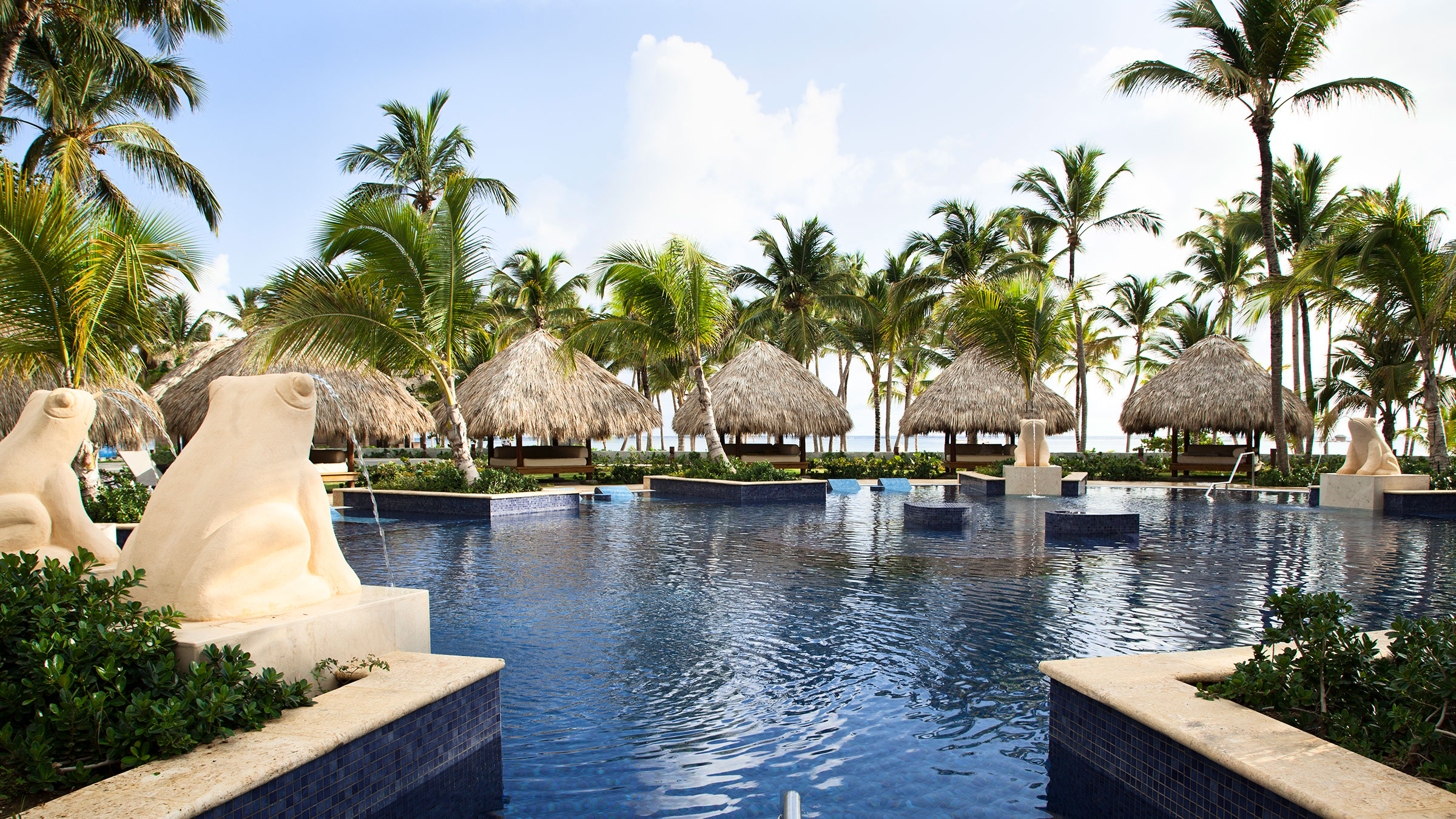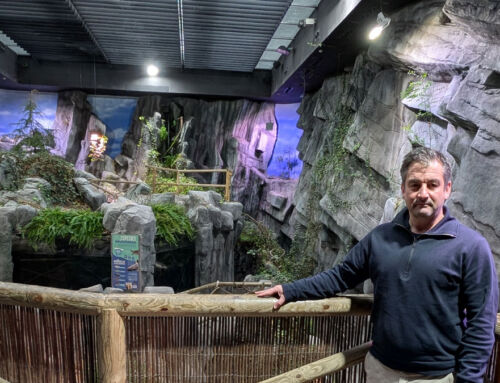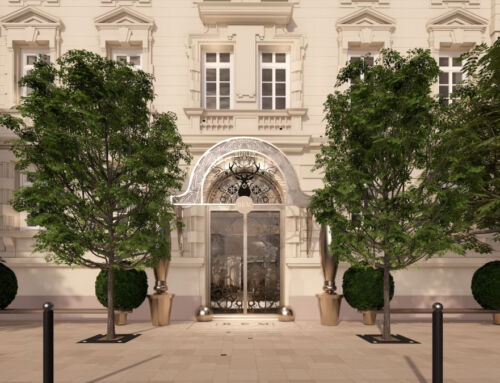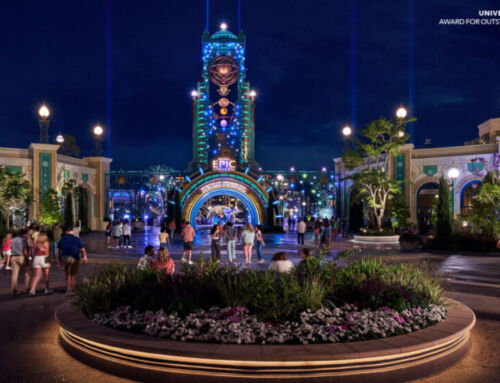We spoke to a professional who is part of the team that, during more than three decades, has made the Barceló Hotels & Resorts chain one of the world’s leading firms in the hospitality, leisure and tourism sector. He is responsible for the construction and development of the numerous projects that the chain has around the world, and also for those it will have in the near future. He tells us all about it in this interview:
Amusement Logic: You have been in the profession for more than 35 years, what has been your career as general director of construction and development at Barceló Hotels & Resorts?
Jaime Torrens: At Barceló I have been able to work as an architect, with a global vision of the projects, from their conception to the end of the work, both from the design and the business point of view. From the 1980s onwards we were pioneers in the development of incredible resorts in the Caribbean, in such successful destinations as Bávaro-Punta Cana and Cancún-Riviera Maya. In the 1990s we began to build urban hotels in various cities in the Americas and Europe. In the new century, we’re expanding into North Africa, the Middle East and Asia.
A.L.: How do you approach the development and construction of Barceló branded hotels and resorts and what distinguishes the process from that of other hotel chains?
J.T.: The main characteristic of Barceló’s constructions is to integrate all those involved in a single team: the owners, the architects, the interior designers, the engineers and the project management. In this way, we avoid the usual conflicts of interest that greatly delay the works and we get immediate decision-making. We build in record time and meet deadlines. This philosophy is what distinguishes the Barceló chain from other hotel chains, with the exception of Riu, which is similar to ours.
A.L.: Where does the work of design and architecture end and the construction of a hotel begin?
J.T.: It is a continuous and flexible process. Often, we start building without having completed the architecture or some engineering. On site we have the design team that takes care of finishing the executive project and adjusting it in the construction process. This is possible because we don’t normally do a “turnkey” contract, but we subdivide it into many suppliers, which we contract as the work progresses.
A.L.: What is the supplier policy you follow during the construction of Barceló resorts and what criteria do you use to select them? Are they usually local or international suppliers?
J.T.: In our supplier policy, trust is essential. Apart from price and quality, we take their after-sales service very much into account because we keep the hotel’s operation. In general, we prefer to use local suppliers, especially for civil works and installations. There have also been many cases, in the Caribbean resorts, where our usual suppliers in Spain have accompanied us with overseas delegations, which has made our work much easier. Most of our trusted suppliers support us with their engineering right from the project conception.
A.L.: What do clients value most in Barceló hotels and what role does the water leisure offer play in your hotels?
J.T.: What clients value most is the good value for money. They can enjoy the attributes of each of our brands because there is no deception and standards are met. We continually refurbish to keep the hotels up to date. At A&B Hotels they highly value new concepts such as the B-Heaven on the rooftop, the “rice bars”, etc. Finally, we must highlight the sustainability of our hotels, something that is increasingly valued.
The aquatic leisure offer is a very important selling point, especially in family resorts. Offering this water leisure is part of the all-inclusive package, and helps us to raise rates. The investment cost is quickly recouped. Innovations have been continuous in the development of water parks: wave pools, surfing pools, lazy rivers, increasingly sophisticated and bigger slides. Guests (both children and adults) really enjoy this experience and become repeat customers.
A.L.: How should a hotel be built to achieve a 5-star rating?
.T.: For us, compliance with 5-star standards is a necessary, but not sufficient condition for a luxury hotel. That is why we created the Royal Hideaway brand at Barceló, whose hotels must have one of the following attributes: be a “destination hotel” in an exclusive location, or be an emblematic refurbished building that forms part of the historical heritage, or be an icon in terms of its architecture. In short, it must be a hotel with soul, strongly linked to culture.
A.L.: What is the biggest challenge you have faced and the project you are most proud of?
J.T.: Perhaps the biggest challenge was facing Hurricane Emily, a category 5 hurricane with 250 km/h winds. It was in July 2005, at that time we were building a new hotel and next to it there was another hotel in operation and full of tourists with 1,000 rooms. We were lucky to have the entire infrastructure of the construction company at the resort. In a very short time, we managed to rebuild the damage, we kept the hotel open, and many customers even helped with the debris removal.
The project I am most proud of is the Barceló Maya Grand Resort, which totals 3,610 rooms. It is a large tourist complex developed in four phases on a 2 km-long beach paradise on the Riviera Maya.
A.L.: What hotel and resort projects will the Barceló brand develop in the near future?
J.T.: Barceló has land to develop resorts and to enter into two new destinations: in Isla de Sal, Cape Verde, and in Zanzibar. We also have a joint venture with a Sri Lankan developer for the development of several resorts in the Maldives.
In addition, the expansion department is working to incorporate many rental and management projects in different destinations, for which the construction department provides technical hotel consultancy. This allows for an accelerated growth of all our brands.
A.L.: How do you see the future of the leisure and tourism construction sector, and your chain within it?
J.T.: The leisure and tourism construction sector has a great future. You only have to look at how it has recovered from COVID. In 2022 we’re attaining the turnover of 2019, which was utopian when the pandemic started. There is also a lot of liquidity available to invest in hotels, which is boosting projects. Barceló is one of the leaders in this vertiginous post-COVID tourism renaissance.






